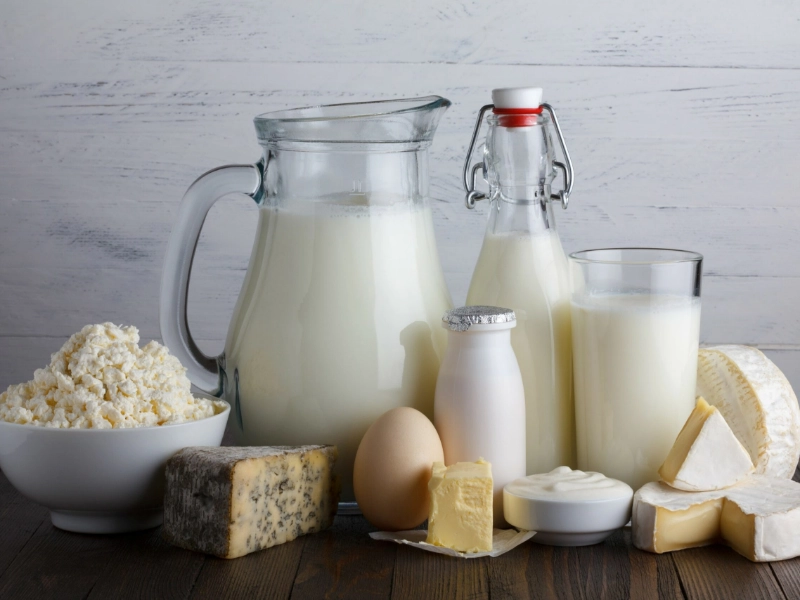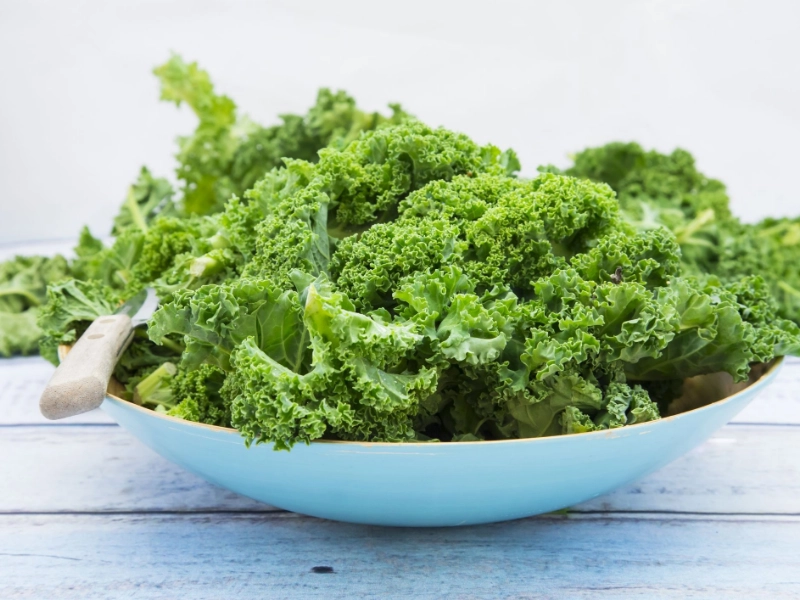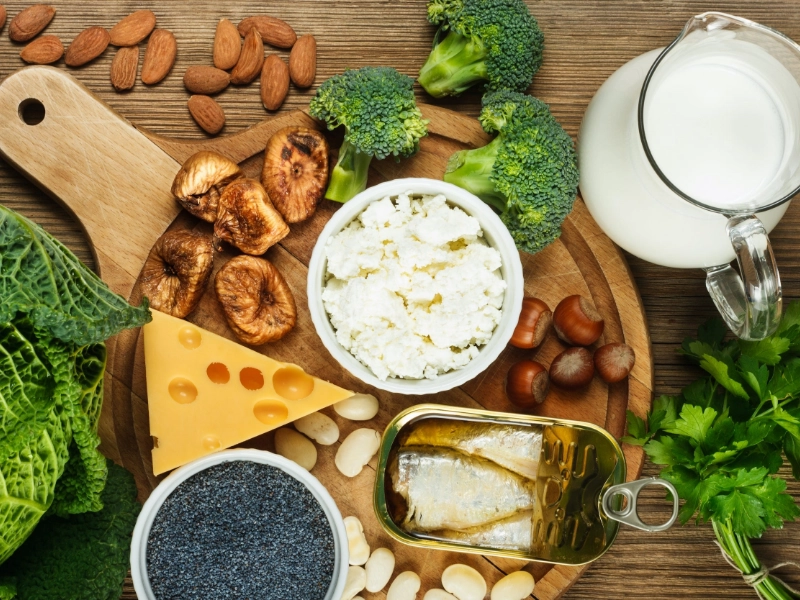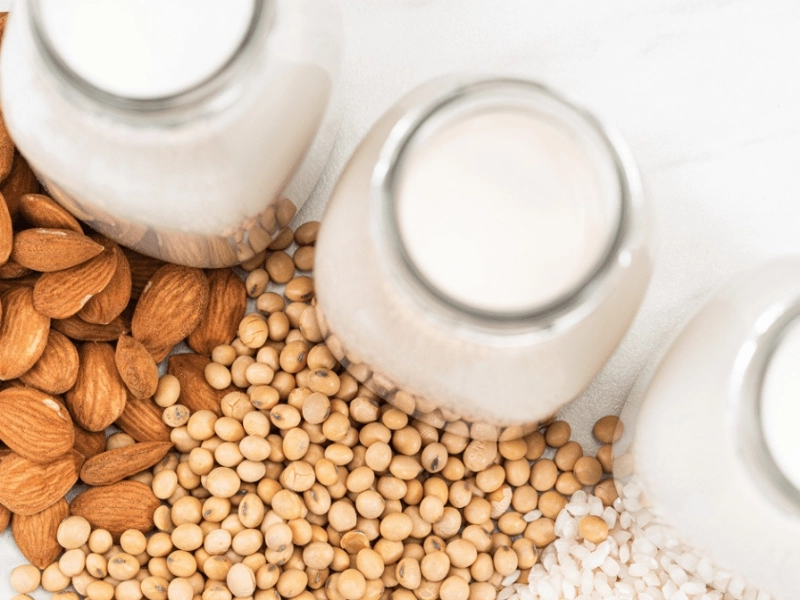Advertisement
Dairy products

Advertisement
Dairy products can help meet your calcium needs, especially when fortified with additional nutrients such as vitamin D. Additionally, the casein and whey proteins found in dairy products enhance mineral absorption in the body. Small intestine – Essential for calcium absorption into the bones.
vegetables

Vegetables are a good source of calcium and other essential nutrients, as well as fiber. They also slow digestion, keeping you fuller longer and helping to regulate blood sugar levels.
Vegetables are beneficial for your health because they are high in calcium and low in calories compared to other foods. For example, one serving of dark green vegetables such as kale or spinach contains less than 1 gram of fat and about 100 calories.
Dried fruit

Nuts are packed with vitamin A, potassium, and dietary fiber, making them an ideal way to get calcium into your diet. Additionally, nuts may lower cholesterol levels and promote healthy weight loss. Nuts
are a great source of calcium, which strengthens teeth and bones and helps prevent cavities and bone loss. Some of the best sources of the nutrient include figs, dates, and prunes, all of which can be easily added to salads, smoothies, and other snacks for added benefits.
seed

The seeds also have the added benefit of helping to prevent health conditions such as heart disease, obesity, cancer, and diabetes. As well as being a great source of calcium, they're also rich in fiber, which plays an important role in digestive health by helping the body absorb nutrients more effectively.
Sesame seeds and tahini, a paste made from sesame seeds, are two of the largest sources of plant-based calcium you can add to your diet. Just two tablespoons of tahini contain 88 mg of calcium, more than double the amount found in one glass of milk.



